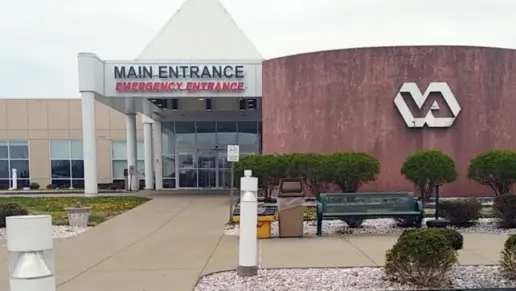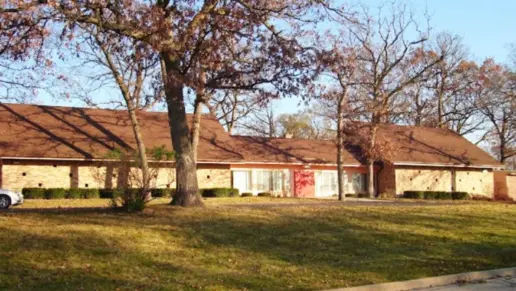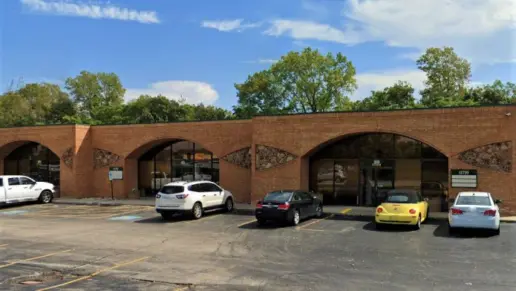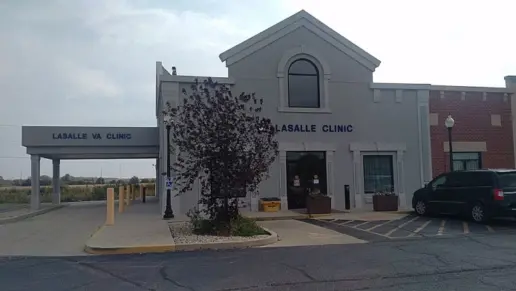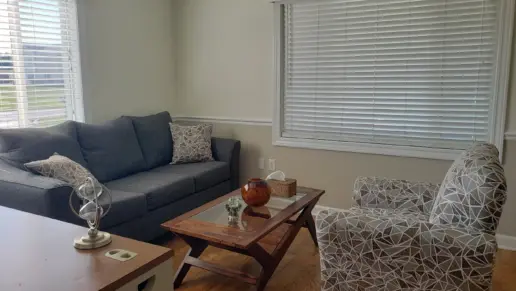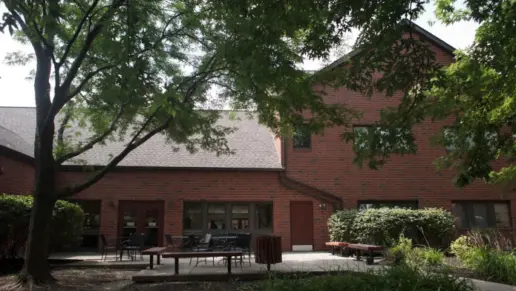It was a good clean safe place to go to after treatment. They gave me a mice room and plenty of food. Staff was made up of men and women in recovery. It was the only place I could find that would let me work for them to pay my room and board. There were also free washers and ...
About Affordable Recovery Housing
Located in Blue Island, Illinois, Affordable Recovery Housing offers safe housing for adults who desire to remain abstinent from chemical dependency. Their facility is located in the former Mother of Sorrows Catholic High School, encompassing 6.7 acres of land with 120,000 square feet of classrooms and housing. You’ll have access to an array of on-site amenities, including a movie theater, weight room, arcade and game room, pool table room, and a full-size gymnasium.
While living at the facility, you can partake in a wide range of services and providers that can support their long-term recovery. The facility partners with local organizations that can provide detoxification, inpatient and outpatient treatment, behavioral health services, and court-related services on an as-needed basis. As you live alongside one another in a safe, supportive, and substance-free environment, you’ll strengthen your relationships and learn valuable life skills for overcoming addictions. You’ll also develop job skills, secure employment, and successfully reintegrate into society.
A nationally certified recovery specialist works with you to understand their needs and recovery goals. They’ll develop a custom case management plan that helps you reach your full potential. Available inpatient services include individual and group counseling, recovery coaching sessions, job training, indoor and outdoor activities, and job placement support. When you’re ready to graduate from the program, providers may offer linkages to local entities that offer longer term care.
Affordable Recovery Housing may work with most commercial insurance providers. Verify your coverage with your individual provider as out of network benefits may vary.
Latest Reviews
Rehab Score
Gallery
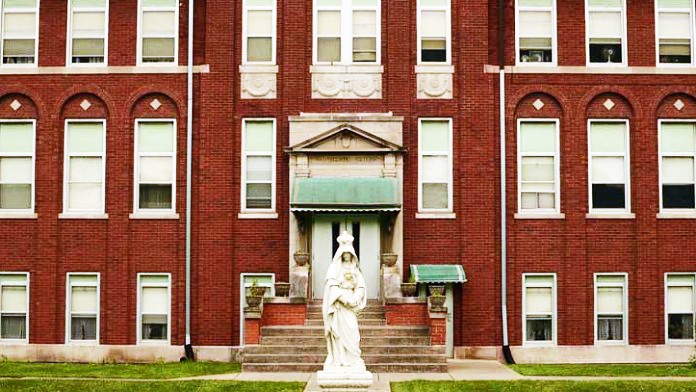
Location
Other Forms of Payment
Financial aid can take many forms. Centers may have grants or scholarships available to clients who meet eligibility requirements. Programs that receive SAMHSA grants may have financial aid available for those who need treatment as well. Grants and scholarships can help you pai for treatment without having to repay.
Sliding scale payments are based on a client's income and family size. The goal is to make treatment affordable to everyone. By taking these factors into account, addiction recovery care providers help ensure that your treatment does not become a financial burden to you or your family, eliminating one barrier to care.
Medicare is a federal program that provides health insurance for those 65 and older. It also serves people under 65 with chronic and disabling health challenges. To use Medicare for addiction treatment you need to find a program that accepts Medicare and is in network with your plan. Out of pocket costs and preauthorization requirements vary, so always check with your provider.
Addiction Treatments
Levels of Care
Treatments
The goal of treatment for alcoholism is abstinence. Those with poor social support, poor motivation, or psychiatric disorders tend to relapse within a few years of treatment. For these people, success is measured by longer periods of abstinence, reduced use of alcohol, better health, and improved social functioning. Recovery and Maintenance are usually based on 12 step programs and AA meetings.
Drug rehab in Illinois is designed to help people recover from addiction to a number of substances. The length of each program and its intensity tend to vary, and the plan of care is based on your individual needs.
Opioid rehabs specialize in supporting those recovering from opioid addiction. They treat those suffering from addiction to illegal opioids like heroin, as well as prescription drugs like oxycodone. These centers typically combine both physical as well as mental and emotional support to help stop addiction. Physical support often includes medical detox and subsequent medical support (including medication), and mental support includes in-depth therapy to address the underlying causes of addiction.
Substance rehabs focus on helping individuals recover from substance abuse, including alcohol and drug addiction (both illegal and prescription drugs). They often include the opportunity to engage in both individual as well as group therapy.
Programs


Clinical Services
Experiential therapy is a form of therapy in which clients are encouraged to surface and work through subconscious issues by engaging in real-time experiences. Experiential therapy departs from traditional talk therapy by involving the body, and having clients engage in activities, movements, and physical and emotional expression. This can involve role-play or using props (which can include other people). Experiential therapy can help people process trauma, memories, and emotion quickly, deeply, and in a lasting fashion, leading to substantial and impactful healing.
Group therapy is any therapeutic work that happens in a group (not one-on-one). There are a number of different group therapy modalities, including support groups, experiential therapy, psycho-education, and more. Group therapy involves treatment as well as processing interaction between group members.
